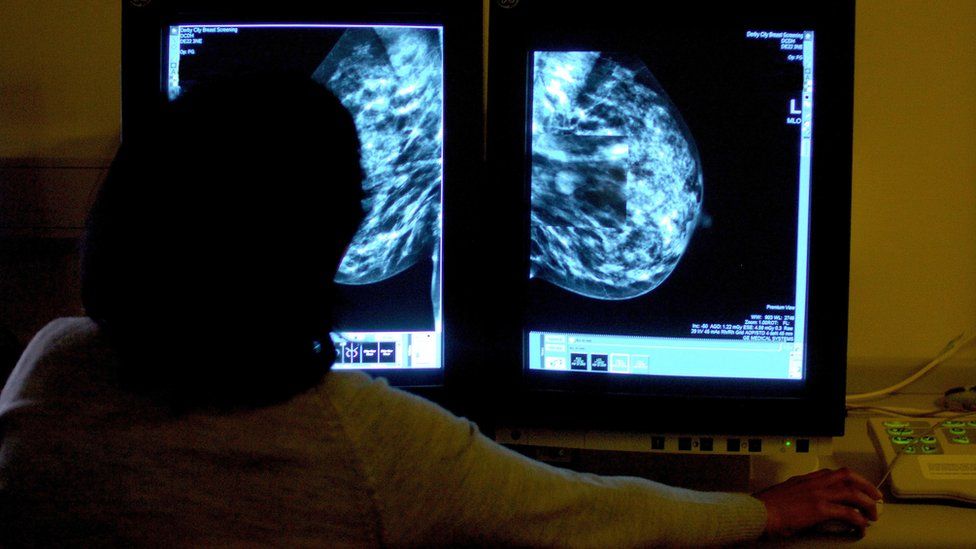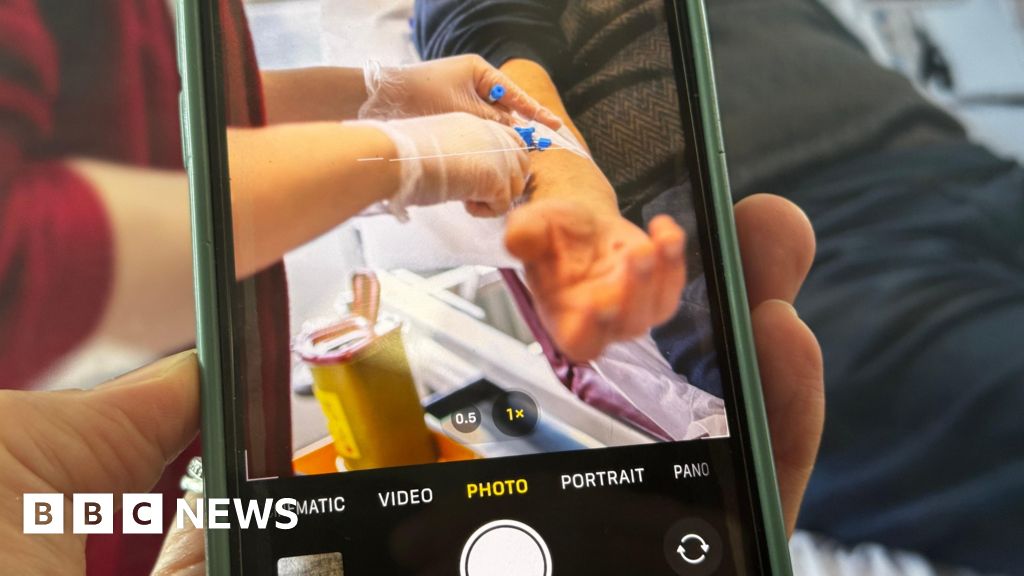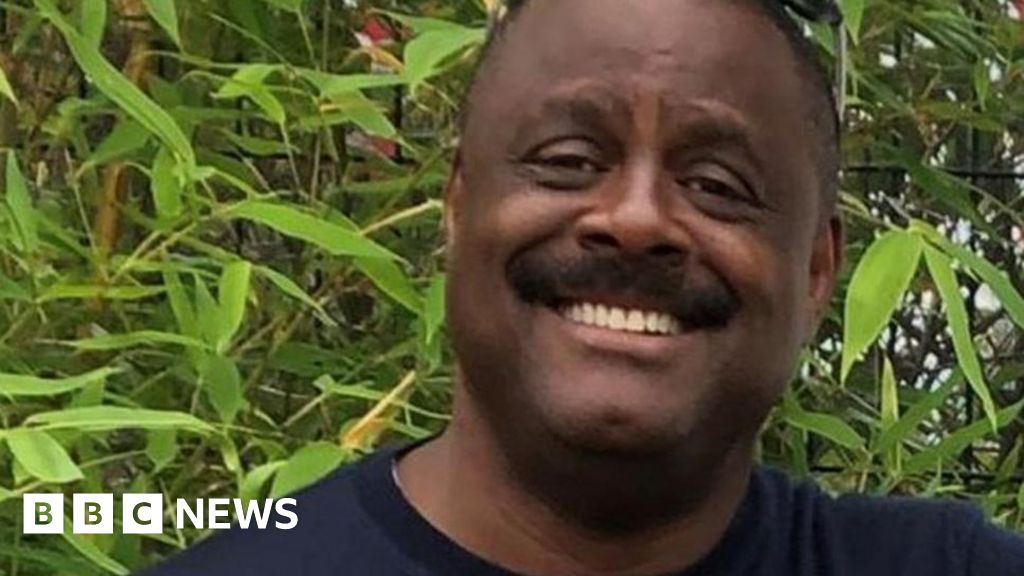ARTICLE AD BOX
 Image source, PA Media
Image source, PA Media
By Jim Reed
Health reporter
The NHS is set to miss a key cancer treatment target laid out in the Covid recovery plan, the national cancer director for England has said.
The NHS had committed to cutting the backlog of people waiting more than two months to be diagnosed and begin cancer treatment to pre-pandemic levels.
But Dame Cally Palmer told MPs a spike in demand meant NHS England would miss the March 2023 target.
She said a new target of March 2024 was now being discussed with ministers.
In its Covid recovery plan published in February 2022, NHS England committed to tackling the substantial backlog of people with suspected cancer who are facing long waits to either start treatment, or be tested and receive the all-clear.
It set a target to cut the total number of patients having to wait more than two months - or 62 days - to the pre-pandemic level of 14,000 by the end of March 2023.
"We've made very significant progress, the backlog was at an all-time high of around 34,000 last summer," Dame Cally told the Health and Social Care Committee.
"Last week it was 23,500, so we've dropped by about 10,000 but there's still further to go."
Most of the patients on that waiting list will ultimately be told they do not have cancer but, giving evidence to the committee, NHS officials said that long waits for a diagnosis create "a lot of anxiety for people".
Professor Peter Johnson, national clinical director for cancer at NHS England, told MPs: "I don't think anybody is comfortable with the fact that we have a large number of people who are waiting too long to get their diagnosis and start their treatment.
"What we need to do is contend with a very large number of referrals - between 200,000 to 260,000 people every month are referred for investigation of possible cancer, [of] whom only about 6% will have cancer."
Dame Deborah James raised millions for cancer research before she died aged 40
Dame Cally said the spike in referrals from GPs has been linked to a number of factors including a rise in cancer rates in the population; more people putting off care during the pandemic who are now coming forward; and a wider increase in awareness attributed to publicity campaigns and high-profile cancer cases.
She said there was a "big surge" in people coming forward with possible bowel cancer after the death of Dame Deborah James in June 2022.
The NHS in England has been struggling to meet every one of its nine cancer care targets since the the start of the Covid pandemic in February 2020.
Under the NHS constitution, 85% of patients diagnosed with cancer should start treatment within two months of an urgent referral, although that level of performance has not been achieved since 2015.
The latest figures show that, in December 2022, 61.8% of patients started treatment within 62-days, up slightly from 61% the previous month.
Other parts of the UK have been under similar pressure:

 2 years ago
47
2 years ago
47








 English (US) ·
English (US) ·